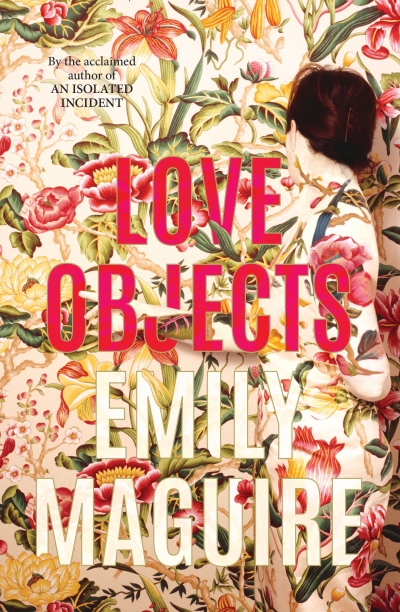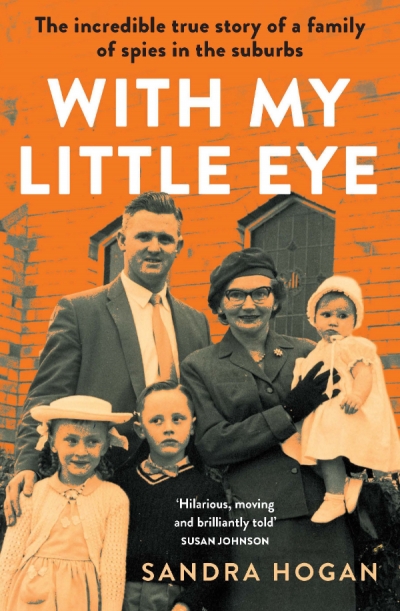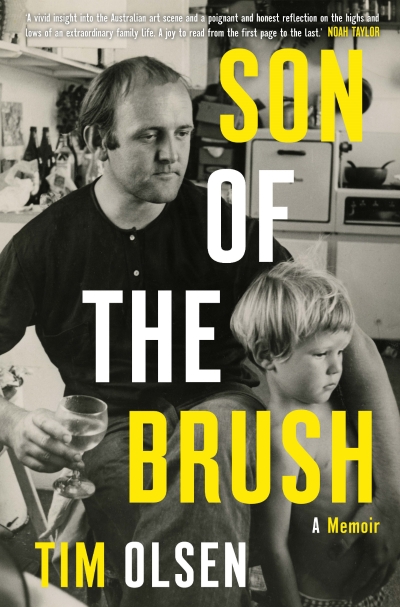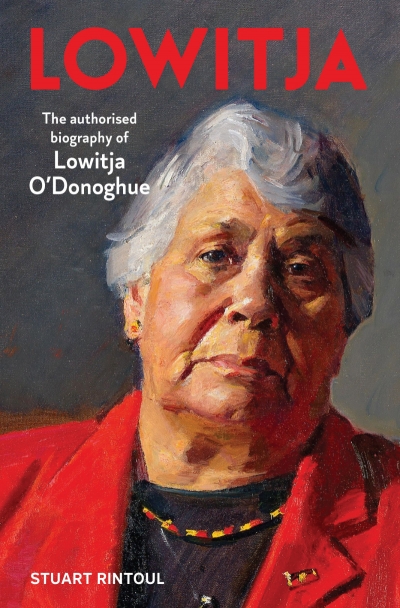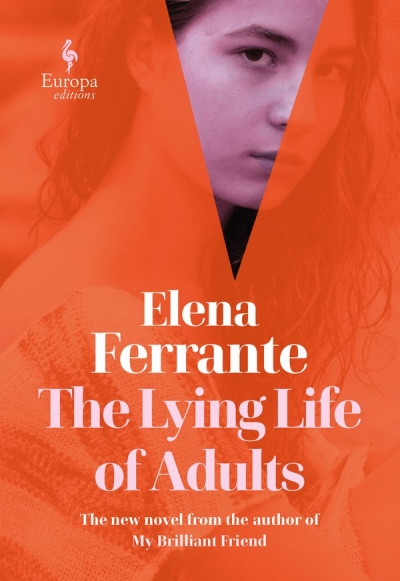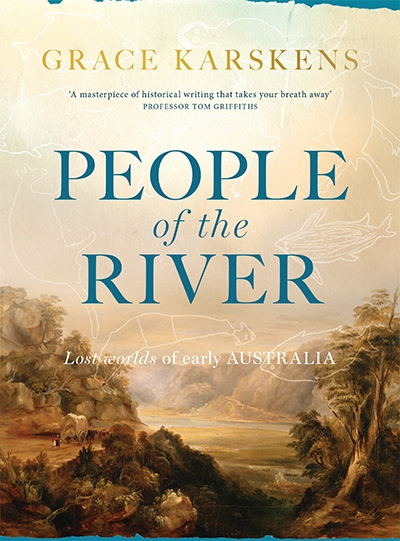Allen & Unwin
Film | Theatre | Art | Opera | Music | Television | Festivals
Welcome to ABR Arts, home to some of Australia's best arts journalism. We review film, theatre, opera, music, television, art exhibitions – and more. To read ABR Arts articles in full, subscribe to ABR or take out an ABR Arts subscription. Both packages give full access to our arts reviews the moment they are published online and to our extensive arts archive.
Meanwhile, the ABR Arts e-newsletter, published every second Tuesday, will keep you up-to-date as to our recent arts reviews.
Recent reviews
A new Susan Johnson novel is always a treat, partly because you get the sense that with each one she has set herself a specific creative challenge, and partly because she is such a fine writer. In From Where I Fell (Allen & Unwin, $32.99 pb, 338 pp), the epistolary novel, popular in the nineteenth century, has been updated, with the entire work in the form of emails. Nothing new in that, but what makes this different is that the contemporary problem of emailing someone unintentionally is followed through with that intellectually teasing ‘what if’ thread: what if the person you accidentally contacted was someone with whom you wanted to keep communicating? What if this person was someone to whom you could confess your most private thoughts? And what if this person never responded in a conventional manner?
... (read more)
